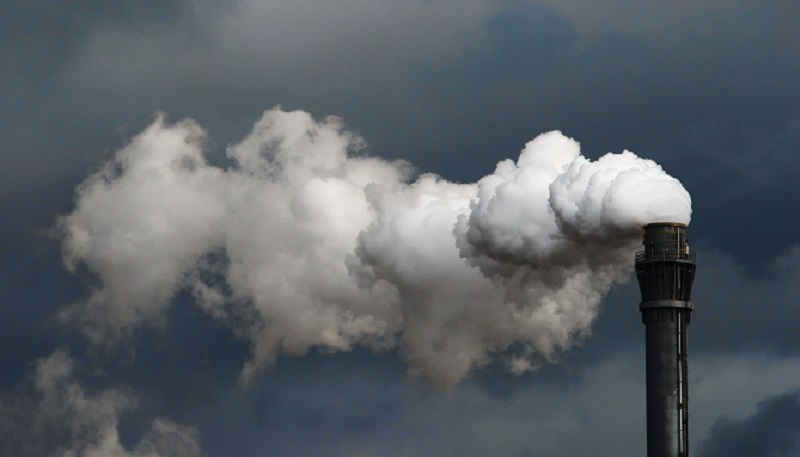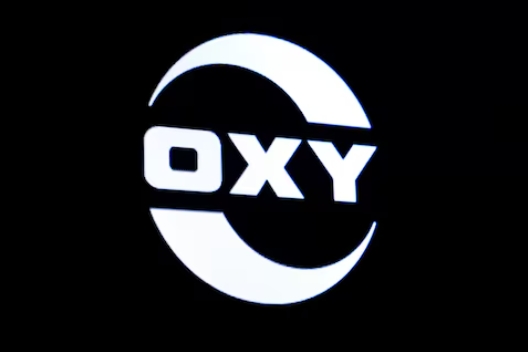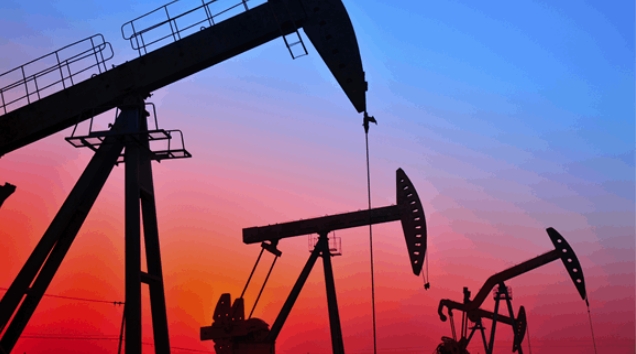
Global CO2 emissions from fossil fuel combustion and processes increased by 1.9% in 2018 compared with 2017, according to a report from the European Commission’s Joint Research Centre (JRC).
The Fossil CO2 & GHG emissions for all world countries report presents the latest updates from the Emission Database for Global Atmospheric Research (EDGAR) tool developed by the JRC as part of efforts to support climate negotiations and policy impact evaluation.
The emission data provided by EDGAR comprises CO2 emissions from 1970 to 2018, as well as non-CO2 greenhouse gas emissions quantified up to 2015.
According to the report, global greenhouse gas emissions have grown steadily since the beginning of the 21st century, with CO2 emissions from the power industry increasing by 82% since 1990.
The largest increases in emissions between 2017 and 2017 were found in India, which saw increases of 7.2%, followed by Russia (3.5%), the US (2.9%) and China (1.5%).
However, the report does note that Japan has reduced its fossil CO2 emissions by 1.7%, and CO2 emissions from fossil fuel combustion and processes in EU member states decreased by 1.9% compared with 2017. This represents a 21.6% decrease in emissions from 1990, the largest among the top emitting economic areas in the world, as well as an 18.7% decrease from 2005.
Within this 1.9% reduction across EU member states, the power sector decreased its CO2 emissions by 30% over 2018.
Among the EU member states, Germany, which is responsible for 2% of global emissions, had the largest reduction in 2018 from 2017, reducing emissions by 4.5%.
According to the report, this decrease in emissions produced in the EU can be attributed to sectorial measures such as recycling programmes, waste-to-energy plants and waste reduction, as well as mitigation policies to decarbonise the EU energy supply.
JRC director for energy, climate and transport Piotr Szymanski said: “While energy-related activities are and will remain a major source of greenhouse gas emissions at the global level, in the latest decades the European Union has succeeded in decoupling the energy sector from the economic growth.
“Indeed, the transition to a modern, low carbon and energy-efficient economy is underway, and Europe is on a credible pathway to meeting its Paris Agreement commitments.”







